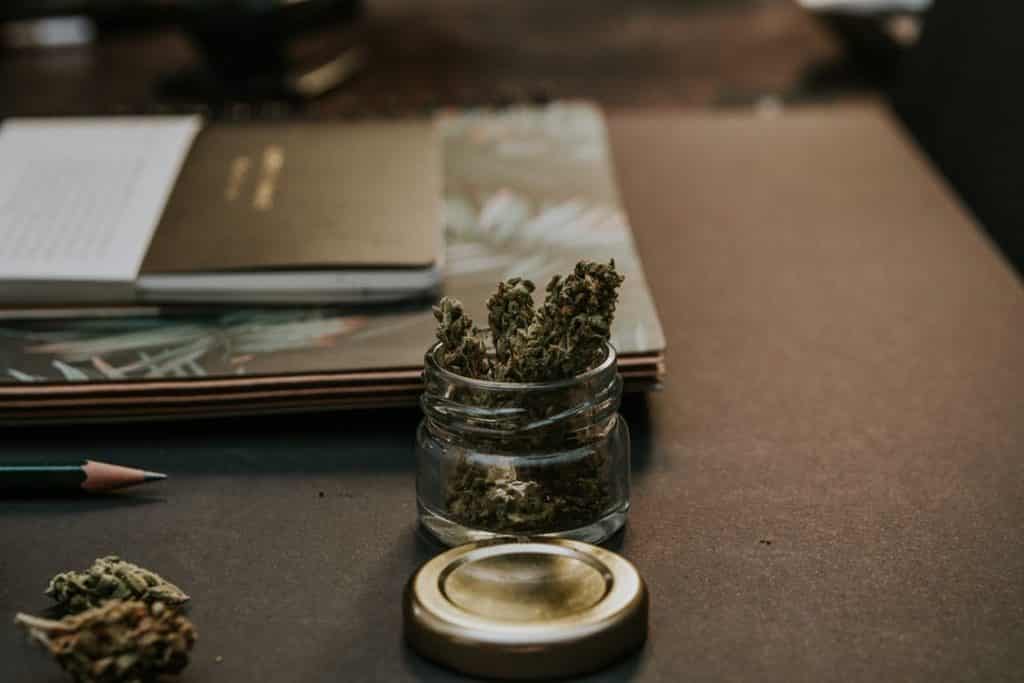Cannabis Prohibition in Washington: The Good Old Days

Washington state lead the way in medical marijuana laws, with original legalization for medical use in 1998. In 2012, Washington became the first U.S. state to legalize recreational use of cannabis for all adults 21 and over. The history of cannabis prohibition and legalization in Washington, however, is long and convoluted.
The Washington State Legislature was one of the first to define cannabis as a narcotic. House Bill 3 of 1923 was similar to other states’ early cannabis prohibition bills, with penalties up to 10 years in prison for simple possession. For all the heavy-handed penalties and the early prohibitionist fervor, these laws were rarely enforced.
Over time, the state pushed back against federal prohibitionist attitudes. A year after the Controlled Substances Act was passed and cannabis was listed as Schedule I, the state changed their stance on cannabis as an opiate or a narcotic, based on new medical knowledge. They also reduced possession of 40 grams or less to a misdemeanor.
The Washington Court of Appeals recognized early in 1979, in State v. Diana, that there exists an affirmative defense for cannabis possession, when it was a medical necessity. In that case, the court pointed out that in tightly specified situations, cannabis could be medically necessary.
Cannabis buying clubs, designed to acquire, grow, and share medical cannabis, first arose in the early 1990s throughout the Pacific states. Green Cross Patient Co-op of Bainbridge Island was the first medical buyers club to be raided, in 1995. They worked to provide cannabis to 70 or more patients. The case was later dismissed, and the principals continued to provide medical cannabis.
A suit was filed against the State of Washington, to reschedule cannabis as Schedule II. It was ruled in favor by a county Superior Court judge, but the Washington Supreme Court ruled against it. Soon after, two ballot initiatives arose to decriminalize medical marijuana. First, Initiative 685 failed. I-692 was approved by the state’s voters by a 9% margin in 1998.
For the first time in State history, physicians could recommend medical cannabis to patients. The most critically needful patients were provided for in early initiatives. Qualifying patients needed a note from a doctor, to possess or grow a 60-day supply.
These laws did not allow for any retail outlets, but many opened up. In 2011, when there were at least 130 dispensaries in Seattle and Spokane, the legislature passed an omnibus overhaul of medical cannabis but it was vetoed by then-Gov. Gregoire.
Also in 2011, Eastern Washington District United States Attorney’s office ordered all Spokane dispensaries to close, and many owners were arrested. Medical dispensaries on the west side of the state were raided by federal agencies later in 2011.
In 2012, voter Initiative 502 was approved by voters with a 9% margin. This was relevant to adult use recreational cannabis, and did not affect extant medical marijuana laws.
A year later, primarily to address Washington’s legal cannabis laws approved by voters, the US Department of Justice announced, through the Cole Memo, that it would not work against state-level legalization efforts – with some considerable constraints. In early 2018, the Cole Memo was rescinded by the DOJ, the results of which are not yet clarified.
Since then, the Washington State Liquor and Cannabis Board (WSLCB) has worked to create an equitable space wherein which medical cannabis users can continue to maintain an affirmative defense in the face of prosecution, without working to expand these protections to recreational users. The dual duty of adhering to federal law and restrictions, and implementing the laws that represent the interpreted will of the citizen voters.
With the largest CannaCon Seattle Event ever in February 2018, we want to help network all the business leaders who will be be living the next chapters of the history of cannabis in Washington.
by: Michael “the Aging Ent” Schroeder owner, Green Owl Media
